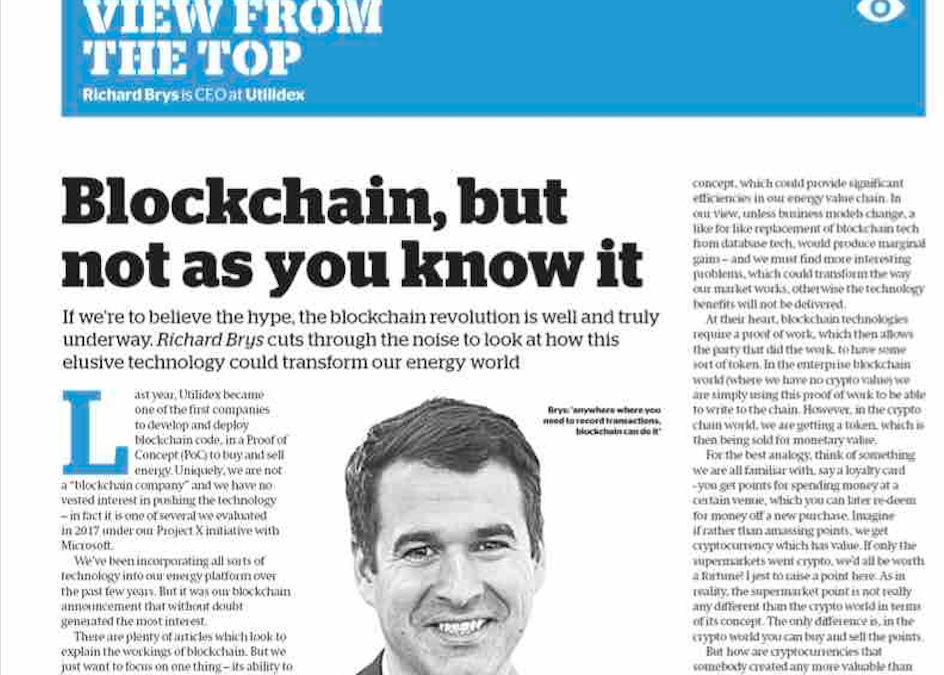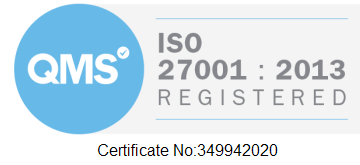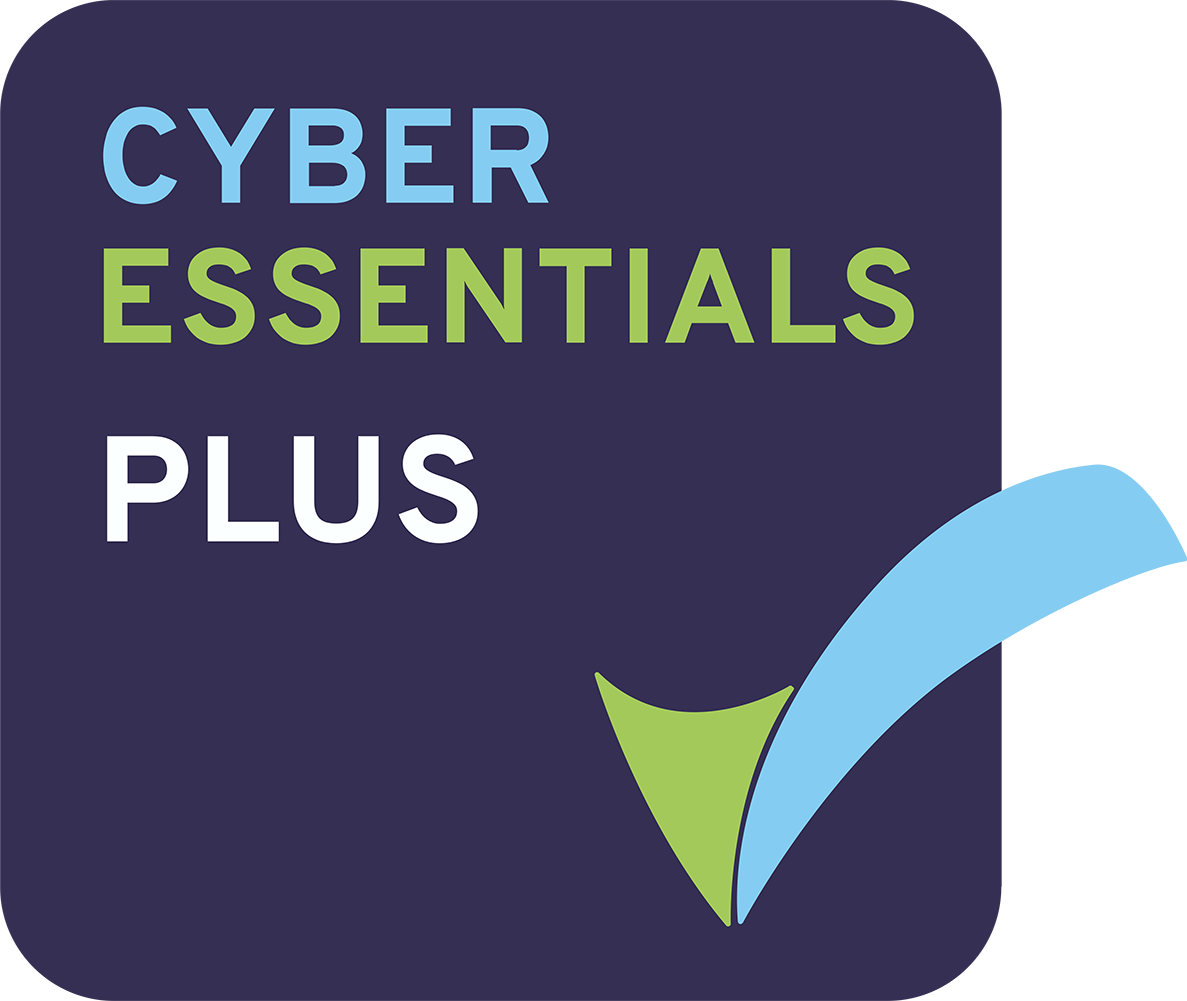Energy in Buildings and Industry magazine features Utilidex CEO, Richard Brys, sharing his thoughts on the hype around blockchain and what it really means for the energy industry.
If we’re to believe the hype, the blockchain revolution is well and truly underway. We cut through the noise to look at look at how this elusive technology could transform our energy world.
Last year, Utilidex became one of the first companies to develop and deploy blockchain code, in a Proof of Concept (PoC) to buy and sell energy. Uniquely, we are not a “blockchain company” and we have no vested interest in pushing the technology – in fact it is one of several we evaluated in 2017 under our Project X initiative with Microsoft.
Working alongside Microsoft and a team of blockchain specialists we put together a working platform to allow energy customers to buy and sell energy. As technology evangelists, I have to admit, we were very excited. This technology had been hyped and talked about for several years, so naturally we wanted to know what it was all about. And we made some interesting discoveries on that journey.
We’ve been incorporating all sorts of technology into our energy platform over the past few years. But it was our blockchain announcement, that without doubt generated the most interest.
There are plenty of articles which look to explain the workings of blockchain. But we just want to focus on one thing – its ability to remove the need for a central counterparty. Which is where its real power is, and where brand-new business models can be created.
For simplicity, let’s just say blockchain is a technology platform, which makes it very easy to securely manage transactions between parties. That might be buying/selling energy, or switching customers, or recording green assets. You name it, anywhere where you need to record transactions, blockchain can do it. But that’s not at all unique. In fact, several technologies already do this. It’s just that in most of those cases, they have a centralised approach, where one company sits in the middle and manages it all.
What is unique to blockchain over all other technologies, is its ability to remove the “party in the middle” and take away the central counterparty. So, let’s take the example of bitcoin. There is no company behind bitcoin. Nobody owns it. Nobody manages it. There is no central counterparty. And this is where blockchain gets interesting.
Thinking about this in an energy context, there are several scenarios where this model might offer significant gains. Perhaps communities may have a platform which allowed people to buy/sell energy, where members manage the platform rules themselves and no central counterparty is needed. Which could be a radical way of making the market work!
Back to the real world and when you look at most blockchain platforms today, they do in fact have one central party running it (or trying to run it). Which in our mind to some degree negates the most exciting thing about blockchain.
Whilst we understand the radical implications of this and the difficulty in bringing it to bear, it’s also an interesting concept, which could provide significant efficiencies in our energy value chain. In our view, unless business models change, a like for like replacement of blockchain tech from database tech, would produce marginal gains – and we must find more interesting problems, which could transform the way our market works, otherwise the technology benefits will not be delivered.
At their heart, blockchain technologies require a proof of work, which then allows the party that did the work, to have some sort of token. In the enterprise blockchain world (where we have no crypto value) we are simply using this proof of work to be able to write to the chain. However, in the crypto chain world, we are getting a token, which is then being sold for monetary value.
For the best analogy, think of something we are all familiar with, say a loyalty card – you get points for spending money at a certain venue, which you can later re-deem for money off a new purchase. Imagine if rather than amassing points, we get cryptocurrency which has value. If only the supermarkets went crypto, we’d all be worth a fortune! I jest to raise a point here. As in reality, the supermarket point is not really any different than the crypto world in terms of its concept. The only difference is, in the crypto world you can buy and sell the points.
But how are cryptocurrencies that somebody created any more valuable than supermarket points? Fundamentally the answer is because they are, and that’s what people are willing to pay. But how much is this hype, how much reality? It’s definitely one of those areas where we believe there is potential for a correction, when the market fundamentals are clearly understood and the hype subsides.
Can blockchain be a game-changer for energy? Without doubt yes. But to some degree the technology is a victim of its own potential. As an industry, we need to cut through the noise and deliver platforms which leverage blockchain’s ability to change business models and remove the need for central parties. Completing ‘like for like’ replacements, will deliver very little benefit – so it’s time to think bigger.
And if you are considering getting involved in blockchain? Our advice is to focus on the business value – if it’s a truly transformative approach, it will be evidenced in the value you receive. So, is the energy price more cost effective? Are the transaction fees lower? Will it mean reduced administration in tracking assets? All of these are real business benefits that blockchain could deliver and things we should be on the lookout for when changing technology platforms.



